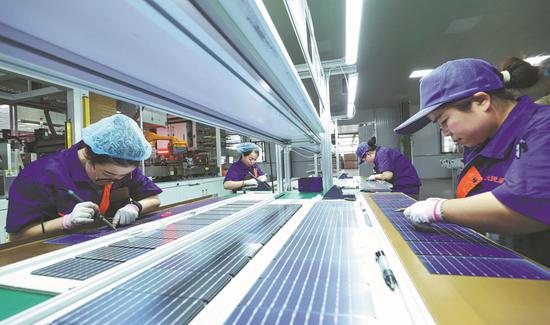
Employees check solar panel products at a tech company in Zhangye, Gansu province. (WANG JIANG/FOR CHINA DAILY)
A United Nations expert on Friday called on countries to lift all sanctions and other restrictions against China, saying that unilateral sanctions, being contrary to international law and ultimately resulting in human rights violations, must not be used as a foreign policy tool and means of economic coercion.
Speaking at a news conference in Beijing on Friday, Alena Douhan, the UN special rapporteur on the negative impact of unilateral coercive measures on the enjoyment of human rights, shared her preliminary findings following a 12-day official visit to China.
"During my visit, I received numerous reports on the unilateral sanctions' adverse impact and the consequent socioeconomic implications affecting people's lives," she said.
Douhan concluded her fact-finding trip days after the United States announced additional tariffs on a range of imports from China, including electric vehicles and lithium-ion batteries.
China has been subjected to unilateral sanctions and other restrictions by a number of countries starting from 2017, with mounting pressure from the U.S. on Chinese tech firms, imposition of export controls, designation of company officials and the launch of administrative and civil charges.
Douhan said that currently the U.S. entity list includes more than 700 Chinese entities.
"The unilateral sanctions against China do not conform with a broad number of international legal norms and are introduced to apply pressure on the state," she said.
Douhan said that broad sectors of the economy in the Xinjiang Uygur autonomous region were particularly affected by U.S. sanctions. She said the U.S. uses a nonbinding document of unclear status and introduces the presumption of guilt in Xinjiang for any stage of supply chains, adversely affecting the overall economy of the region and beyond.
She further noted that the idea of presumption of legality of unilateral sanctions and the presumption of guilt of companies with any exposure to Xinjiang or designated entities "violate fundamental principles of international law, the provisions of the UN General Assembly and UN human rights resolutions, and constitute an attempt to supplement legal standards with a so-called rules-based order".








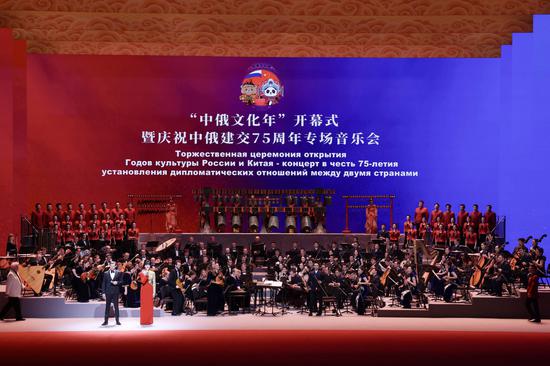


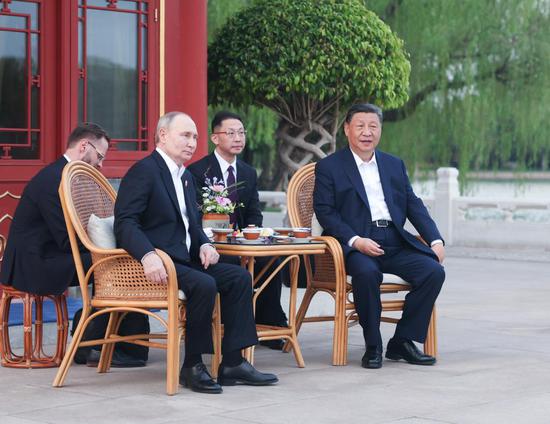
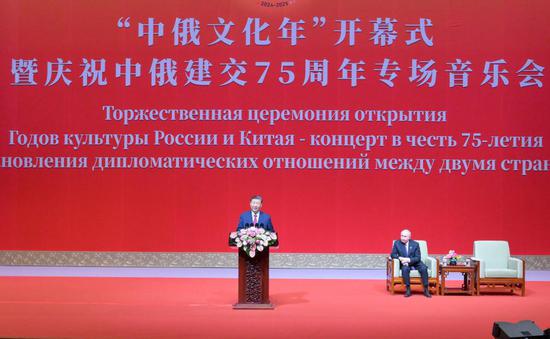
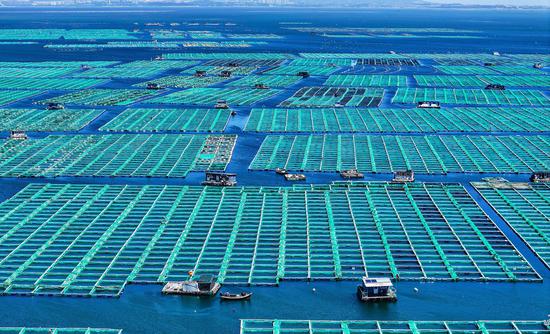




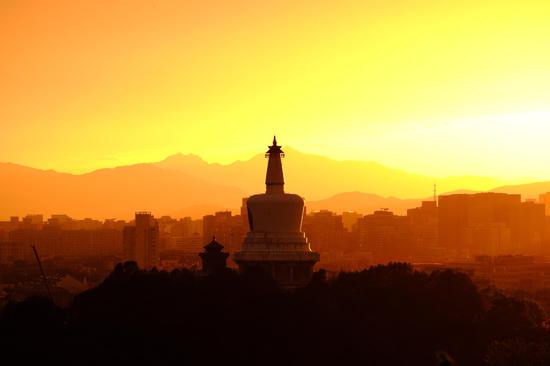
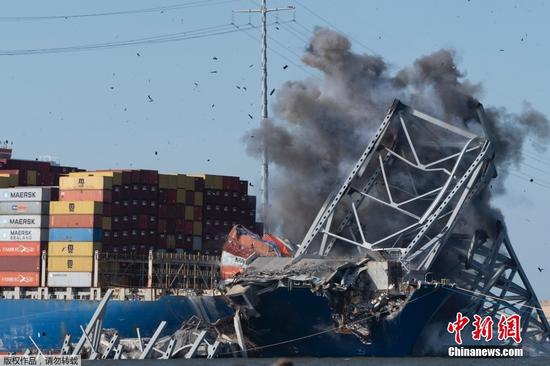





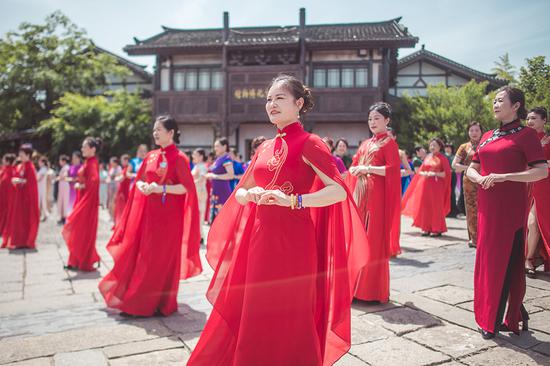
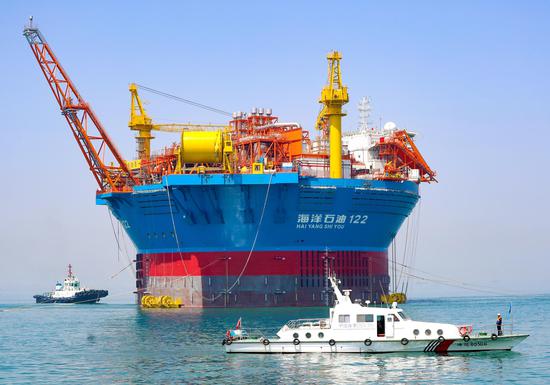
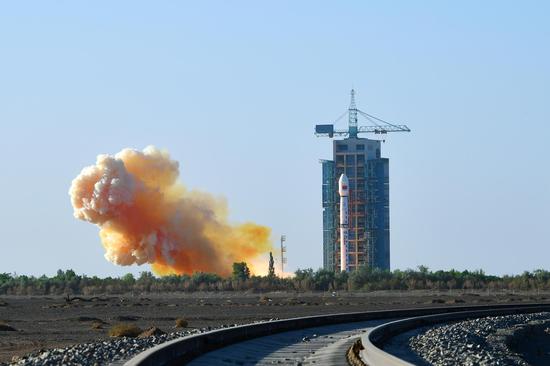
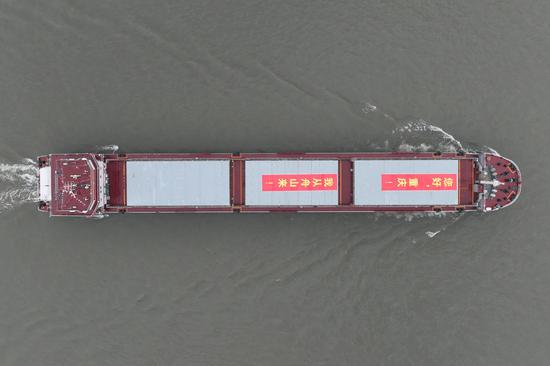

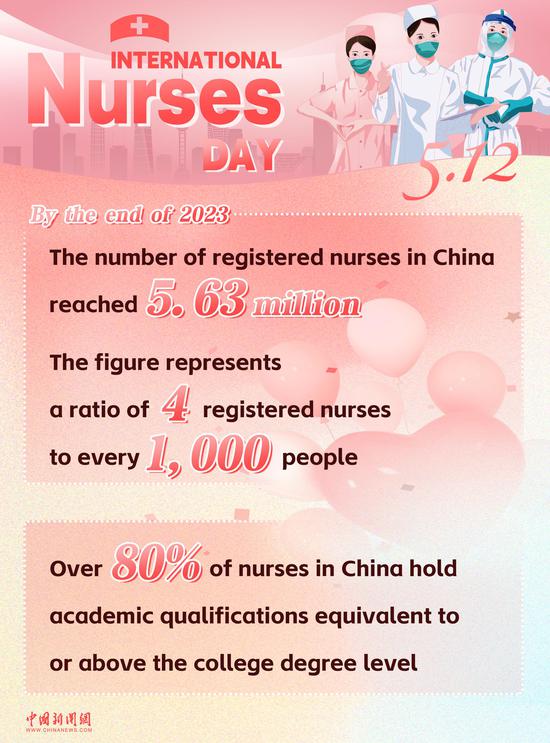

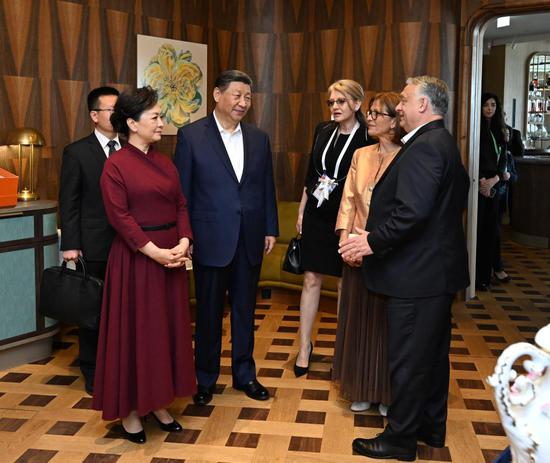



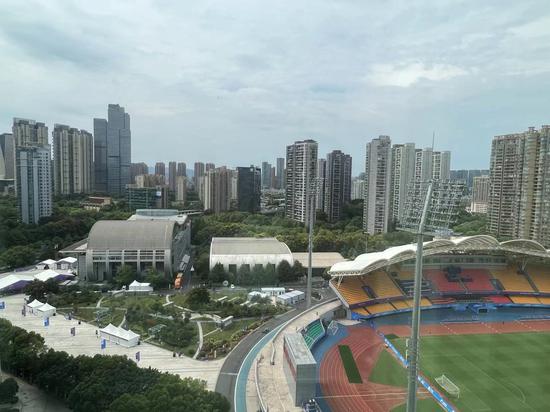
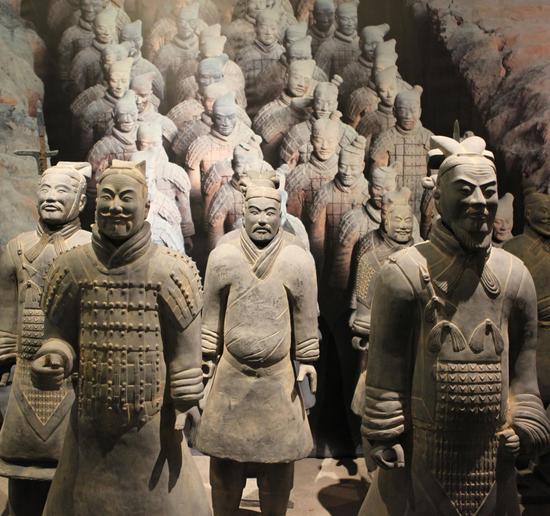
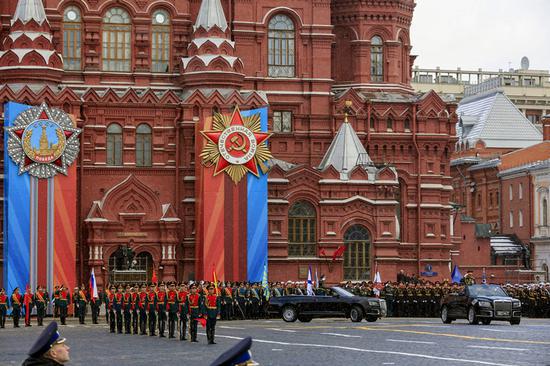

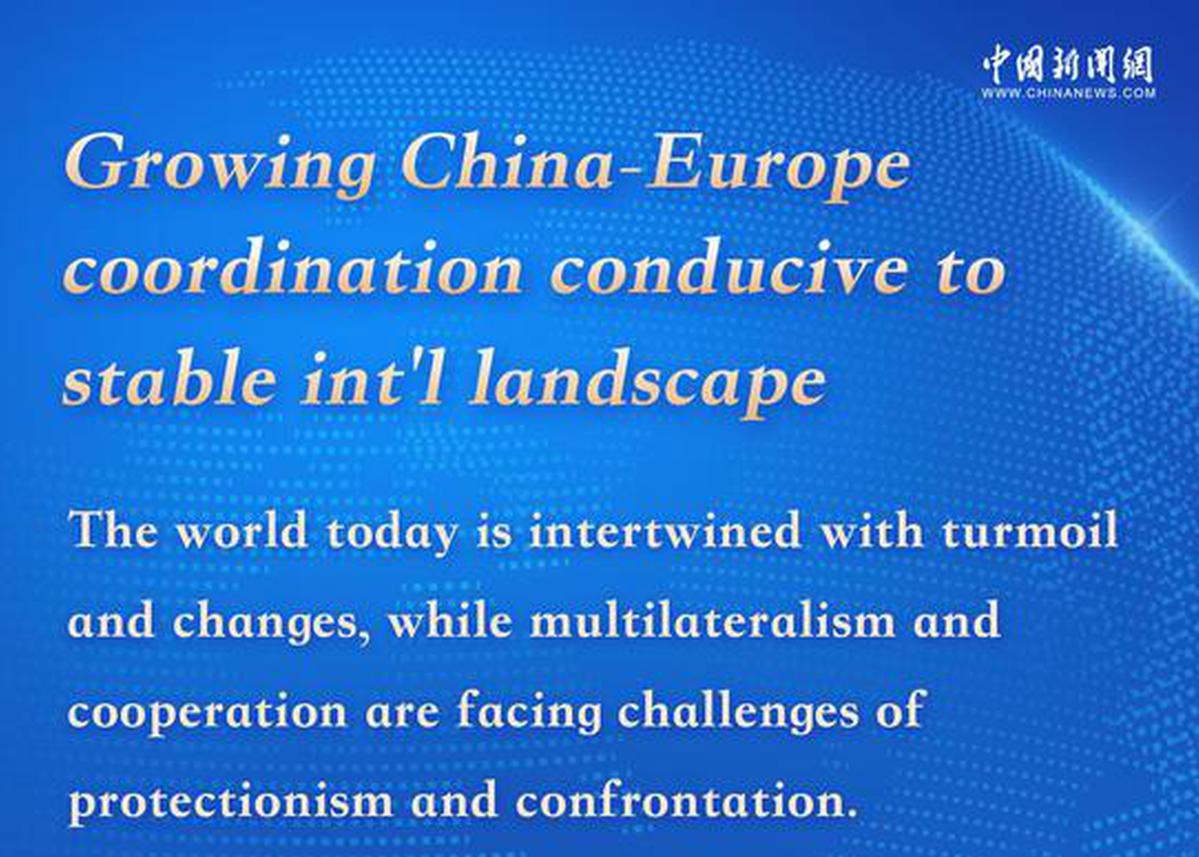
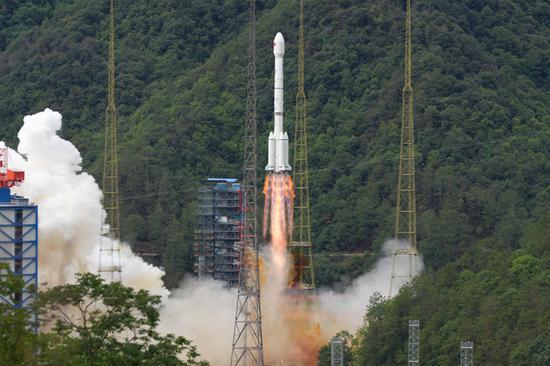

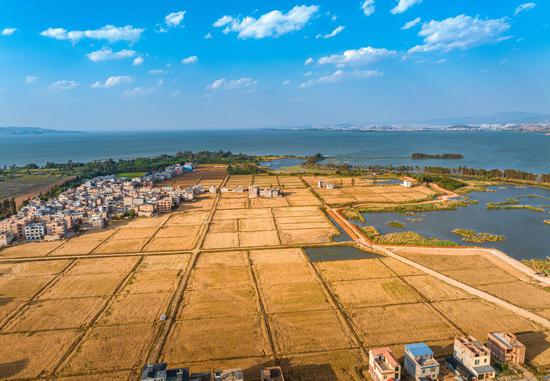
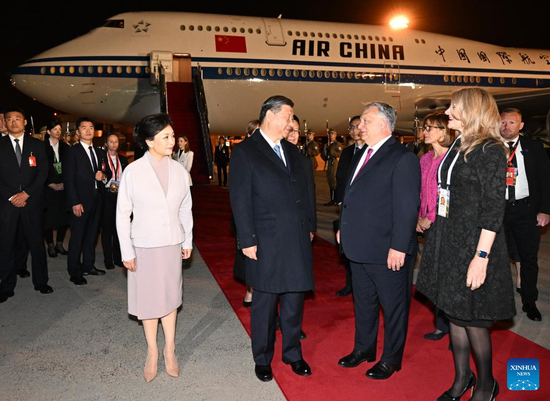





 京公网安备 11010202009201号
京公网安备 11010202009201号